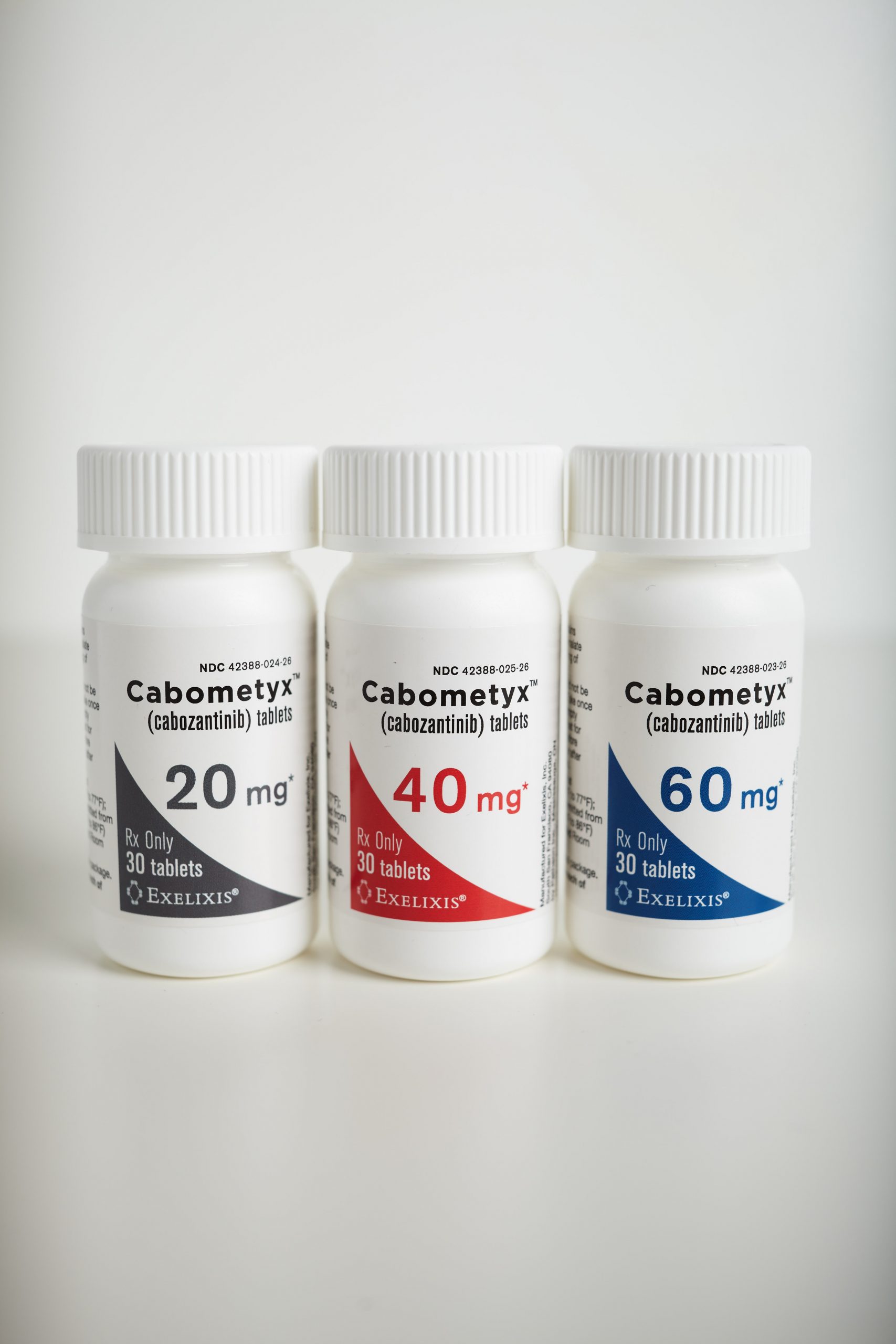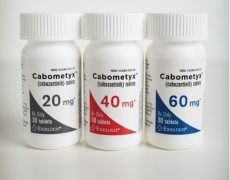Ipsen aims for new liver cancer use of Cabometyx

Stopping a cancer trial is either a very good, or very bad thing – and luckily for Ipsen the former was the case after a liver cancer trial of its Cabometyx pill was curtailed because of the survival rates seen in the treatment arm.
Results from the phase 3 CELESTIAL trial showed that the overall survival benefit seen in patients treated with Ipsen’s Cabometyx (cabozantinib) was such that it was no longer ethical to keep patients on a placebo pill.
Ipsen said the results will be filed with regulators in collaboration with development partner Exelixis, building on the drug’s already approved use in kidney cancer.
Results demonstrated that Cabometyx provided a statistically significant and clinically meaningful improvement in overall survival (OS) when compared to placebo in patients with advanced hepatocellular carcinoma (HCC)
Patients had previously been treated with Bayer’s Nexavar (sorafenib) and had progressed following one or two prior systemic treatments for HCC.
[caption id="attachment_25058" align="alignnone" width="230"] Cabometyx is already approved in renal cell carcinoma[/caption]
Cabometyx is already approved in renal cell carcinoma[/caption]
Results showed the trial met its main goal, as median overall survival was 10.2 months for patients on Cabometyx, compared with eight months in the placebo group.
Median progression-free survival, a secondary endpoint, was 5.2 months on Cabometyx, compared with 1.9 months on the placebo group.
HCC is the most common form of liver cancer in adults, and in its advanced form, has historically led to poor survival times, due to the limited treatment options available.
The global CELESTIAL phase 3 trial compared Cabometyx with placebo in patients with advanced HCC who had received previous treatment with Nexavar.
It enrolled 760 patients who were randomised to receive cabozantinib 60mg daily or placebo
Cabometyx is already approved in advanced renal cell carcinoma in adults after VEGF-targeted therapy, although patients must be monitored because of its side effects.
Ewan McDowall, general manager, Ipsen UK and Ireland, said: “These data will form the basis of our licence submission, bringing us one step closer to making this positive new treatment available to patients in the UK & Ireland. We are committed to continuing with our mission of developing our oncology portfolio with medicines that improve treatment outcomes and patients’ lives.”
Other than Nexavar, there are few options for treatment of HCC, although Bayer's Stivarga (regorafenib) can also be used in second line.
Ipsen's CEO David Meek has made it clear that the company is also looking to expand by adding to its specialist portfolio with acquisitions.












